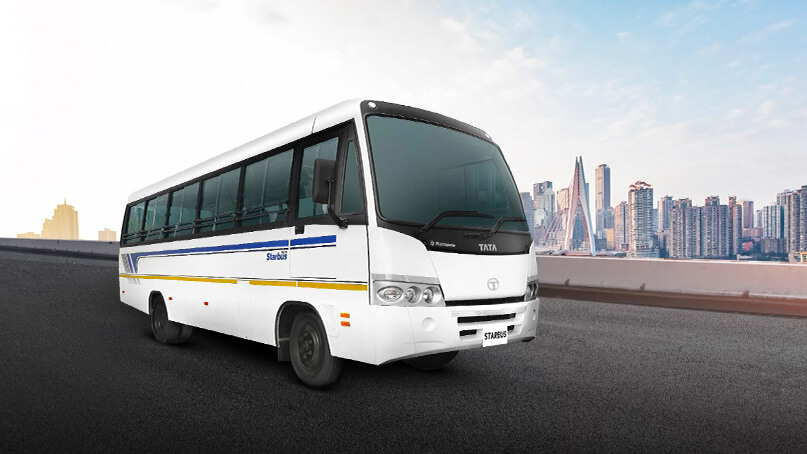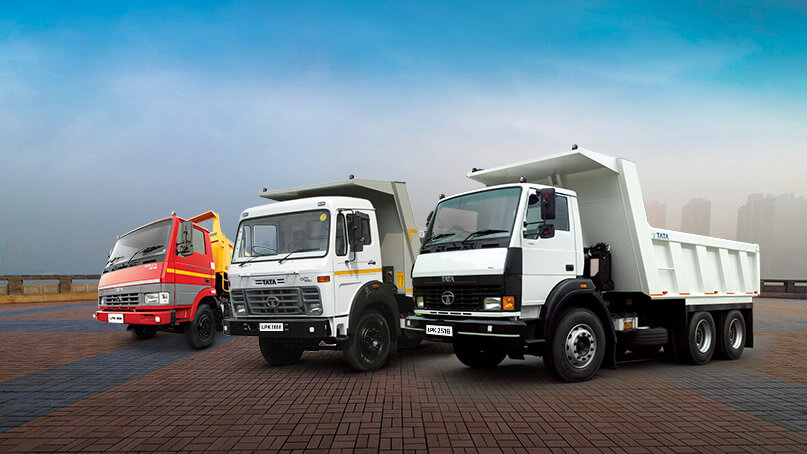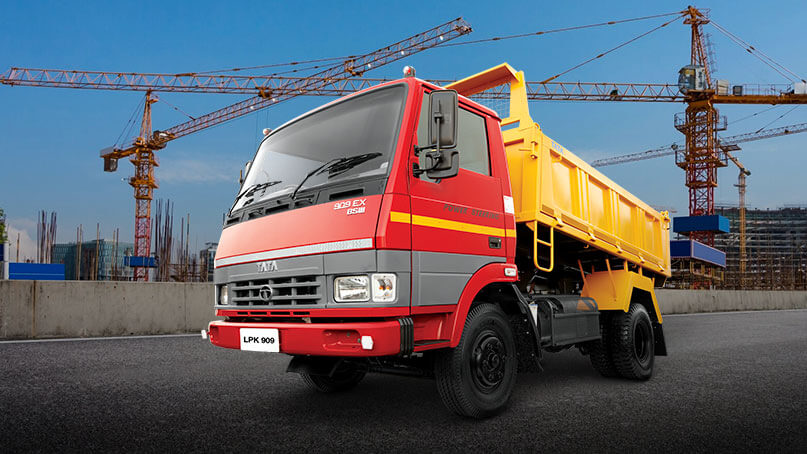15 Dec 2023

Tata Buses: Revolutionizing Bangladesh's Bus Manufacturing Sector
- Tata Motors
- 28 Nov 2023
- Commercial Vechicle
Introduction
Bangladesh, a country of over 160 million people, largely relies on public transit to link its booming metropolis and rural areas. Buses are the transportation network's backbone, carrying millions of passengers every day.
However, Bangladesh has had issues in its bus manufacturing sector for many years, relying on imports to meet demand for these critical vehicles. That is, until Tata Motors, the Indian automotive behemoth intervened to transform Bangladesh's bus manufacturing sector. Tata Buses has become a symbol of innovation and success in this area, with impressive stats and a hopeful future.
Tata Motors: A Game Changer in Bangladesh
Tata Motors, a subsidiary of the Tata Group, has been a major player in the global automotive industry. Renowned for their quality and innovative vehicles, Tata Motors has made a significant impact in the Bangladeshi market. They introduced a diverse range of buses that not only catered to the country's transportation requirements but also raised the bar for the entire industry.
The Impact of Tata Buses in Bangladesh
Economic Boost:
Tata Motors' entry into Bangladesh has brought significant economic benefits. The company has made substantial investments in local manufacturing, leading to the creation of jobs and the development of skills. Recent data shows that Tata Motors has generated over 2,000 direct and indirect jobs in the country, which has helped reduce unemployment rates and promote economic stability.
Local Manufacturing:
Tata Motors' manufacturing plant in Jessore, Bangladesh, produces buses that are specifically tailored to meet the country's needs and preferences. This not only reduces dependence on imported vehicles but also supports the 'Made in Bangladesh' initiative.
Improved Public Transport:
Tata Buses have introduced a new level of comfort and safety to the public transportation system. These buses are equipped with modern amenities and adhere to global safety standards, which has increased passenger satisfaction and trust in the system.
Environmental Benefits:
Tata Motors' commitment to sustainable practices has also had a positive impact. Their eco-friendly buses, powered by cleaner fuel options and advanced technologies, have significantly reduced the carbon footprint of public transportation in Bangladesh.
Recent Developments: Tata Motors Expands in Bangladesh
Tata Motors recently announced plans for additional expansion in Bangladesh. The corporation intends to invest in R&D centers to improve the capabilities of local engineers and designers. This initiative not only indicates Tata Motors' long-term commitment to the country, but also their commitment to manufacture buses that meet Bangladesh's evolving needs.
Revolutionizing Bangladesh's Bus Manufacturing Sector
To revolutionize the bus manufacturing sector in Bangladesh, we can learn valuable lessons from Tata Motors' success story.
Invest in Local Manufacturing: Encourage both foreign and domestic companies to establish manufacturing plants in Bangladesh. This will reduce import dependence and stimulate economic growth.
Prioritize Quality and Safety: Emphasize the importance of meeting international quality and safety standards. This will enhance passenger comfort and safety, ultimately boosting the credibility of the transportation system.
Promote Research and Innovation: Invest in research and development to create buses that cater to the unique needs of Bangladesh. Consider factors like the local climate, road conditions, and passenger preferences in design and manufacturing.
Sustainability Matters: In an increasingly environmentally conscious world, focus on eco-friendly transportation solutions. Promote the use of cleaner fuels and sustainable technologies to reduce the environmental impact.
Collaborate for Growth: Encourage collaboration between government bodies, private companies, and educational institutions. This holistic approach can lead to knowledge sharing, skill development, and policy support for the bus manufacturing sector's development.
Challenges in the Bus Manufacturing Sector
Import Dependence: To accommodate the increased demand for public transportation, Bangladesh relied significantly on imported buses. This reliance on imports not only stretched the country's foreign exchange reserves but also hampered the country's capacity to adapt buses to meet local needs.
Imported buses frequently fail to fulfill the essential safety and quality standards, resulting in frequent accidents and passenger safety concerns.
Environmental Impact: Older imported buses were frequently less fuel-efficient and polluted more, adding to environmental damage.
Unemployment: The absence of a significant domestic bus manufacturing sector meant that prospects for job creation and skill development in Bangladesh were lost.
Conclusion
The amazing success of Tata Motors in modernizing Bangladesh's bus manufacturing sector is an encouraging illustration of how hard work, innovation, and investment can revolutionize an industry and a nation. Their dedication to local manufacture, quality, and sustainability serves as a model for others to emulate.
Bangladesh's transportation infrastructure must keep up with the country's growth and evolution. Tata buses are more than just transportation; they symbolize growth, opportunity, and a brighter future for the people of Bangladesh. Bangladesh can truly reinvent its bus manufacturing sector and achieve a brighter, more connected future for all its residents by following in the footsteps of Tata Motors, embracing innovation, and cultivating local talent.
- Tags
Latest Blogs














